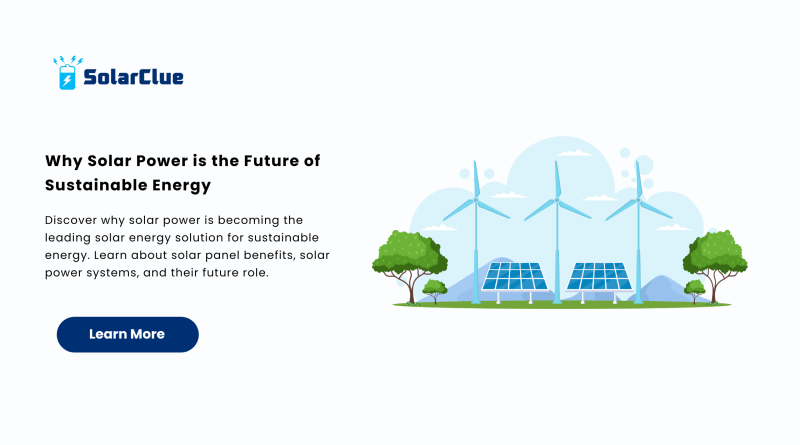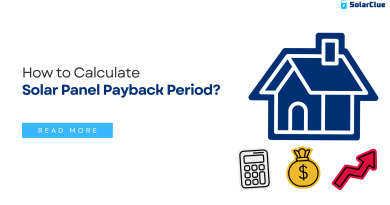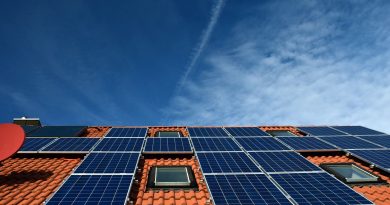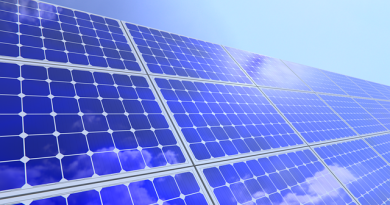Why Solar Power is the Future of Sustainable Energy
The world faces an increasing demand for clean energy. Solar power has become one of the most promising solutions. With concerns over fossil fuels, there is a major shift to renewable energy. Solar energy is at the forefront of this change. In this post, we’ll explore why solar power is the future of energy. We will look at the benefits of solar panels and solar power systems.
Table of Contents
The Growing Need for Sustainable Energy
Energy demand is increasing due to population growth and industrialization. However, fossil fuels like coal and oil are running out and polluting the environment. This makes clean energy essential. Solar power offers a clean, renewable solution. It helps reduce greenhouse gas emissions and provides a sustainable energy source. Unlike fossil fuels, solar energy is abundant and available everywhere. As climate change worsens, the world is turning to solar power as a key solution.
How Solar Power Works
Solar power works by converting sunlight into electricity using solar panels. These panels contain photovoltaic (PV) cells that absorb sunlight and turn it into direct current (DC) electricity. This DC electricity is then converted to alternating current (AC) by an inverter, which is usable in homes and businesses.
A typical solar power system includes solar panels, an inverter, and sometimes a battery for energy storage. This system can reduce reliance on the grid and lower energy costs. It can be installed on rooftops or as ground-mounted systems, making it flexible for all locations.
Environmental Benefits of Solar Power
One of the most significant advantages of solar power is its minimal environmental impact. Unlike fossil fuels, which release harmful pollutants and greenhouse gases when burned, solar energy produces no emissions or waste during operation. By using solar power, we can significantly reduce our carbon footprint and mitigate the effects of climate change.
Solar energy also reduces the need for harmful mining and drilling operations that harm ecosystems and natural resources. By using solar panels to generate electricity, we can reduce the environmental degradation caused by the extraction of fossil fuels, helping to preserve the planet for future generations.
Economic Benefits of Solar Power
The economic advantages of solar power are becoming increasingly evident. While the initial investment in solar power systems can be high, the long-term savings on electricity bills make it an attractive option for homeowners and businesses alike. The cost of solar panels has dropped significantly over the years, making them more affordable for the average consumer. Additionally, various government incentives, rebates, and tax credits are available to help offset the initial cost of installation.
For businesses, installing solar power systems can lead to substantial savings on energy bills, improving their bottom line. Solar energy also offers protection against rising energy prices, providing a stable and predictable energy source. Moreover, businesses that adopt solar power can enhance their sustainability efforts, appealing to environmentally conscious customers and investors.
Solar Power and Energy Independence
One of the most powerful benefits of solar power is its ability to provide energy independence. By installing solar panels and solar power systems, individuals and businesses can generate their own electricity, reducing their reliance on utility companies and the grid. This is particularly valuable in regions with high electricity rates or unreliable power grids.
In addition to providing solar power for everyday use, energy storage systems (such as batteries) allow users to store excess energy for later use, ensuring that they have a reliable power source even when the sun isn’t shining. This self-sufficiency reduces vulnerability to rising energy costs and power outages, making solar energy a more reliable and resilient energy solution.
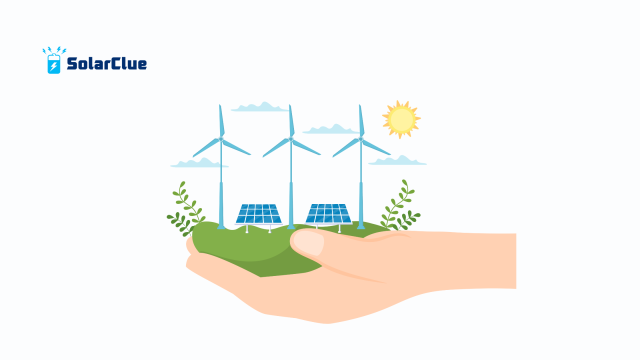
The Future of Solar Power
The future of solar power looks incredibly promising. With ongoing technological advancements, solar panels are becoming more efficient, affordable, and versatile. Innovations such as bifacial solar panels, which capture sunlight on both sides, and improvements in energy storage technologies are pushing the boundaries of what solar power can achieve.
As global awareness of climate change increases and governments continue to invest in clean energy infrastructure, the demand for solar energy will only grow. The International Energy Agency (IEA) predicts that solar power will become the largest source of electricity generation worldwide by 2050, surpassing even fossil fuels.
With the development of smart grids and energy management systems, solar power will be integrated more seamlessly into national energy grids, allowing for efficient energy distribution and reducing the need for fossil fuels. As solar power becomes more widespread, its role in shaping a sustainable energy future will be crucial.
FAQs about Solar Power
Q1: How do solar panels work?
Solar panels work by using photovoltaic (PV) cells to absorb sunlight. The energy from the sun excites electrons in the PV cells, which generates direct current (DC) electricity. This electricity is then converted into alternating current (AC) electricity by an inverter for use in homes and businesses.
Q2: What are the environmental benefits of solar power?
Solar power reduces carbon emissions and helps combat climate change. It generates electricity without releasing harmful pollutants, unlike fossil fuels. Additionally, solar energy helps reduce the need for harmful mining and drilling activities, conserving natural resources.
Q3: How much can I save by using solar power?
The amount you can save by using solar power depends on several factors, such as the size of your solar power system, your energy consumption, and the amount of sunlight your location receives. On average, solar power systems can save homeowners thousands of dollars on energy bills over the system’s lifetime.
Q4: Is solar energy suitable for all homes and businesses?
Yes, solar energy can be installed on most types of roofs, including flat, sloped, and tiled roofs. In areas with limited sunlight, larger solar power systems or battery storage may be necessary to meet energy needs. It’s important to consult with a professional to determine the best system for your needs.
Q5: What are the economic advantages of solar power?
In addition to saving money on electricity bills, solar power systems can increase property value. They offer protection against rising energy costs and can help businesses improve their sustainability profile, attracting customers and investors who prioritize environmental responsibility.
Q6: How does solar power contribute to energy independence?
By generating your own electricity with solar panels and storing excess energy in batteries, you can reduce your reliance on the grid. This makes solar energy a reliable and resilient solution, especially in areas with high electricity costs or frequent power outages.
Conclusion
The transition to solar power is not just a trend; it is the future of sustainable energy. From reducing carbon emissions to lowering energy costs, solar power offers a clean, renewable, and economically viable solution to the world’s energy challenges. With its environmental and economic benefits, solar energy is poised to play a pivotal role in the global transition to a more sustainable and resilient energy system.
As the cost of solar panels continues to decrease and technology improves, solar power will become more accessible and cost-effective for consumers and businesses alike. Whether you’re looking to reduce your carbon footprint, lower your energy bills, or gain energy independence, solar power is the key to a cleaner, greener future.
If you’re ready to take the next step in embracing solar power, visit SolarClue.com and blog.solarclue.com to explore our range of solar power systems and solar panels that can help you make the switch to clean, renewable energy today.

